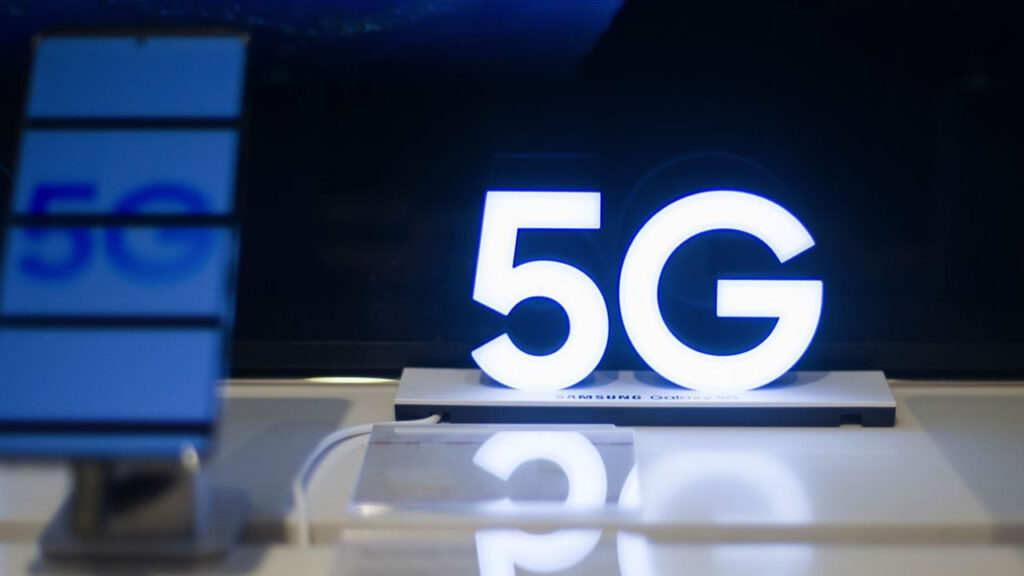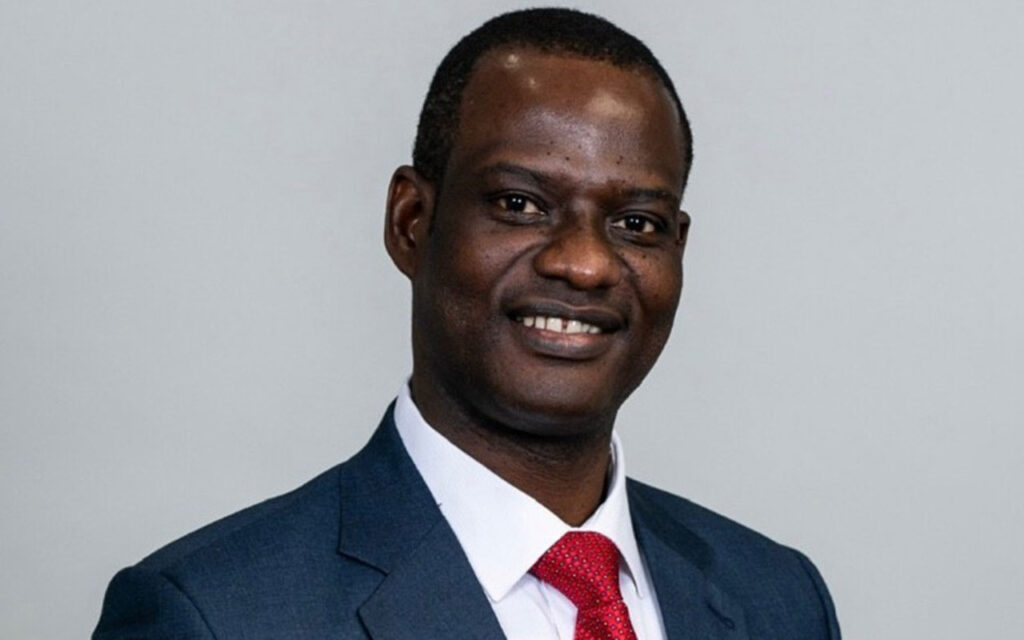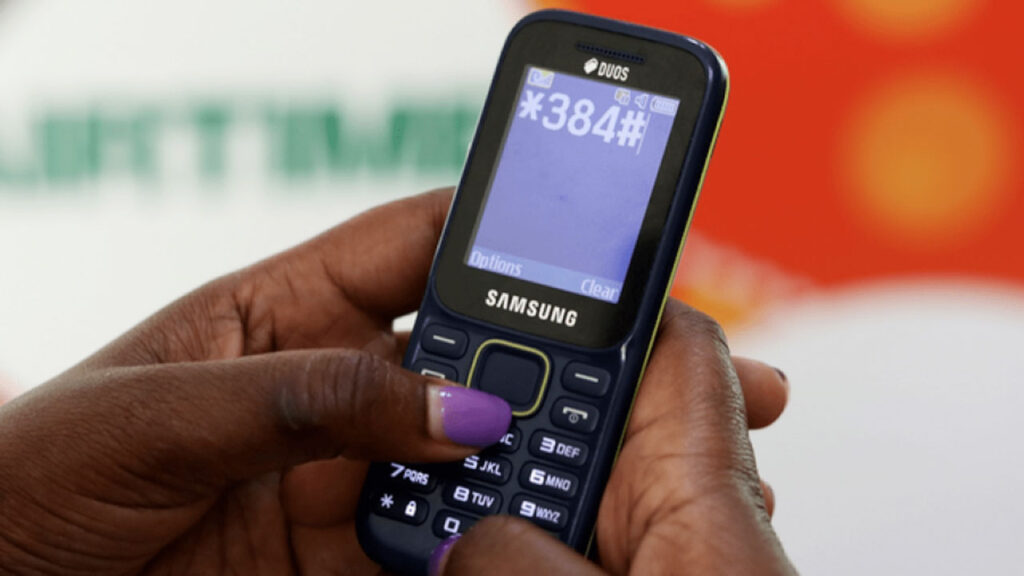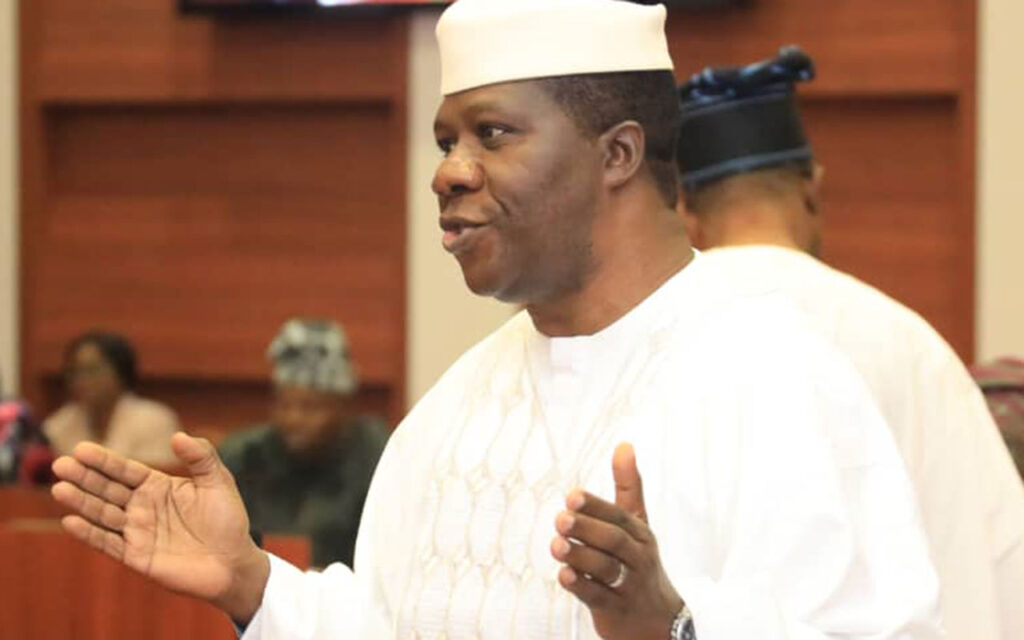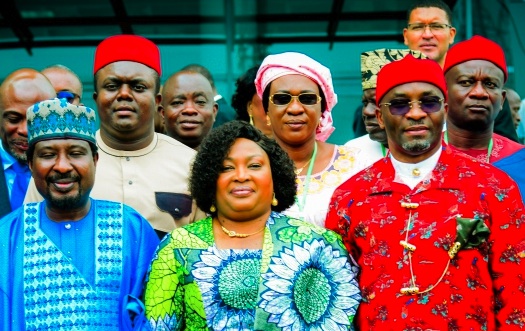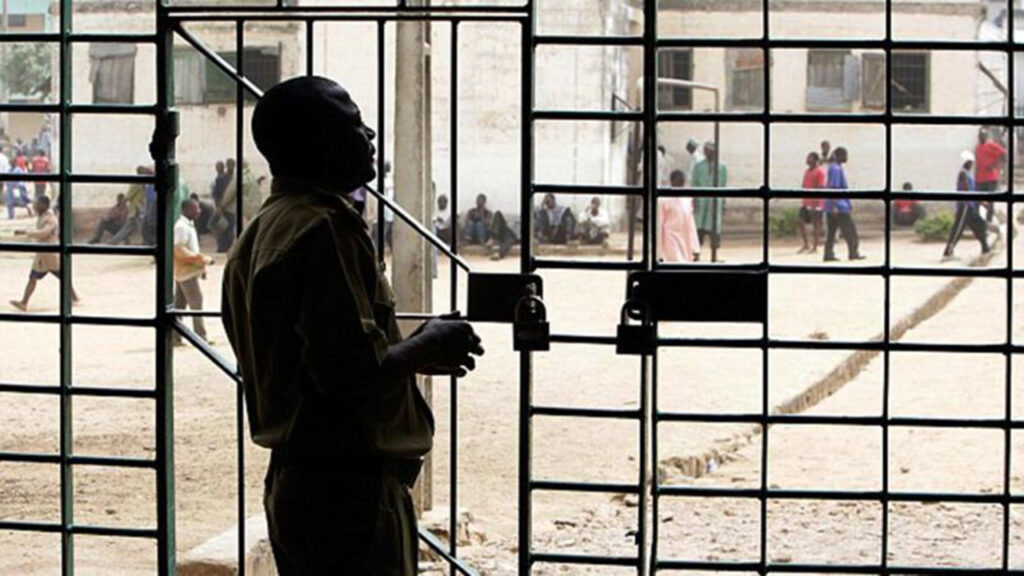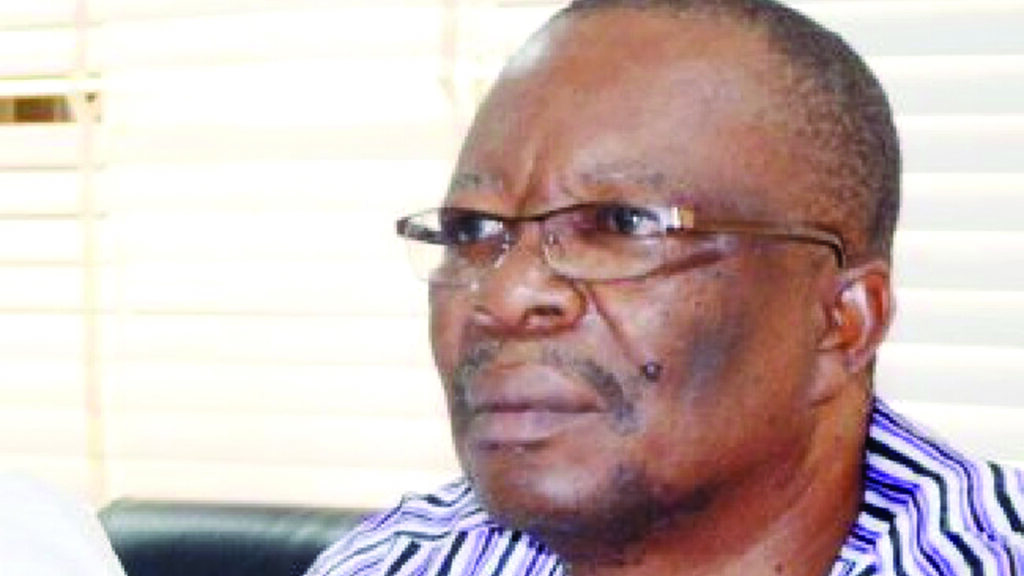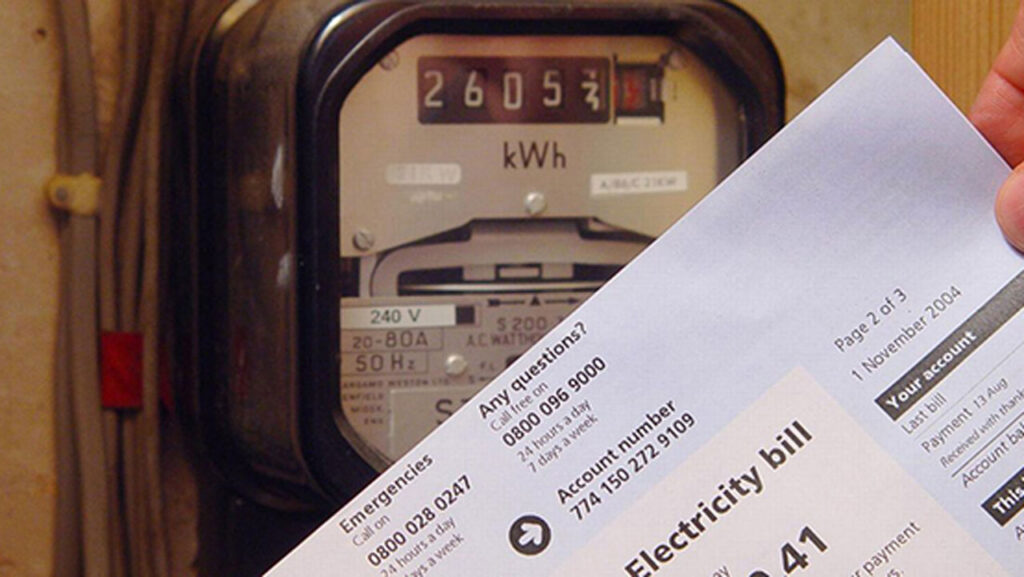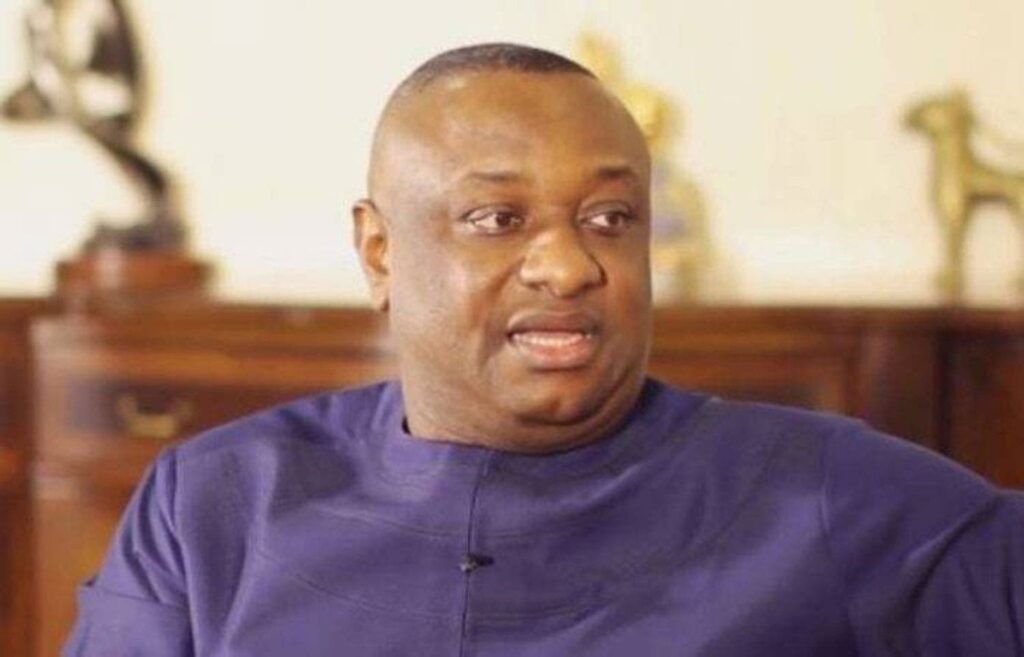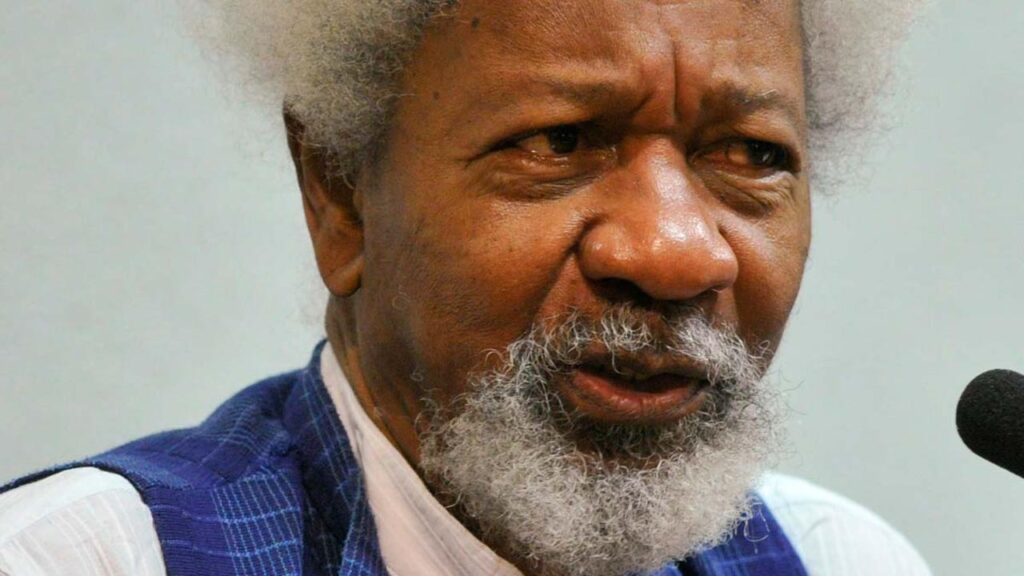
• Sector added N10.126tr to GDP in 2022
Nigerian Communications Commission (NCC) has said newly licensed Mobile Virtual Network Operators (MVNOs) have to roll out service within a year of completing negotiations with Mobile Network Operators (MNOs) in the country.
NCC, which said it okayed 26 operators to carry out MVNO operations in Nigeria, noted that more companies would still be licensed.
MVNO is a telecommunications product that rides on the infrastructure capacity of a fully licensed mobile telecommunication service provider or MNO.
The MVNOs will be providing the same services as MTN, Globacom, Airtel, and 9mobile, albeit on the same infrastructure built by MNOs. Entrance of the MVNOs is expected to provide competitive offerings in the telecoms market and lower costs of calls and data for subscribers.
Speaking at a meeting in Lagos, yesterday, the Head, Pre-Licensing, NCC, Usman Mamman, said: “The MVNOs are expected to conclude negotiations with MNOs and put up service within one year of getting licensed.”
Mamman assured of immense support for the MVNOs, stressing that they are expected to help the country bridge access gaps, which have dropped to 97 from 114.
The commission had created different categories of licenses under the MVNO framework, which ranges from Tier 1 to Tier 5. The 25 companies, so far licensed, are in categories 2 to 5, while no company has acquired a Tier 1 license, which is the lowest.
NCC database showed that seven companies were licensed in the Tier 2 category. These include: Routelink Integrated Systems Ltd, Hazon Technologies Limited, Asel Telecom Nigeria Limited, Briclinks Africa Plc, Pisi Mobile Services Limited, Univasa Nigeria Limited and Imose Technologies Limited.
MEANWHILE, following issuance of 3.5GHz spectrum licenses for the deployment of Fifth Generation (5G) networks in Nigeria, subscriptions have grown to over 60,000 in many cities in, at least, 12 states of the federation.
Also, Executive Vice Chairman (EVC) of NCC, Prof. Umar Garba Danbatta, officially announced that investment profile in the nation’s telecommunications sector, comprising foreign direct investment (FDI) and local investment, reached $75.6 billion as of 2021.
Danbatta disclosed this at an interactive session with stakeholders in the communications media ecosystem, in Lagos, yesterday, where he provided his scorecard and landmark developments that have shaped the trajectory of growth in the telecoms sector, since he became chief telecom regulator in August 2015.
According to him, in 2018, investment profile in the sector stood at $68 billion. This increased to $70.5 billion in 2019 and $72 billion in 2020. At the end of 2021, the figure rose to $75.6 billion. The latest figure is the current official investment profile computed in the industry, up from initial $70 billion investment in the last few years.
Investment in the telecommunications sector in Nigeria is computed from two sources: the Central Bank of Nigeria (CBN) and financial data obtained from service providers by the commission.
The EVC said through effective regulatory environment put in place by the commission, the telecom sector recorded tremendous growth from an initial investment profile of $500 million as at 2001, when the sector was fully liberalised.

